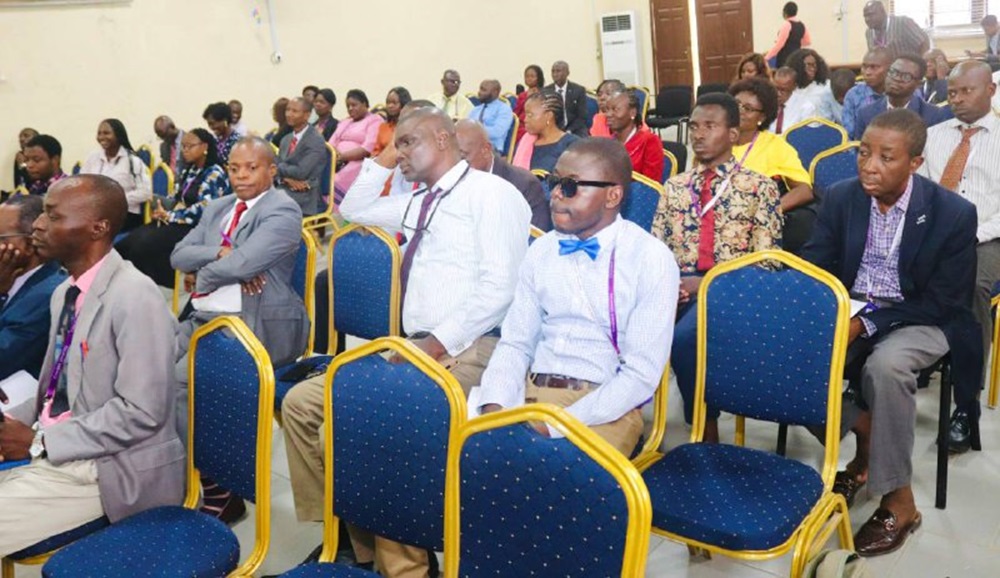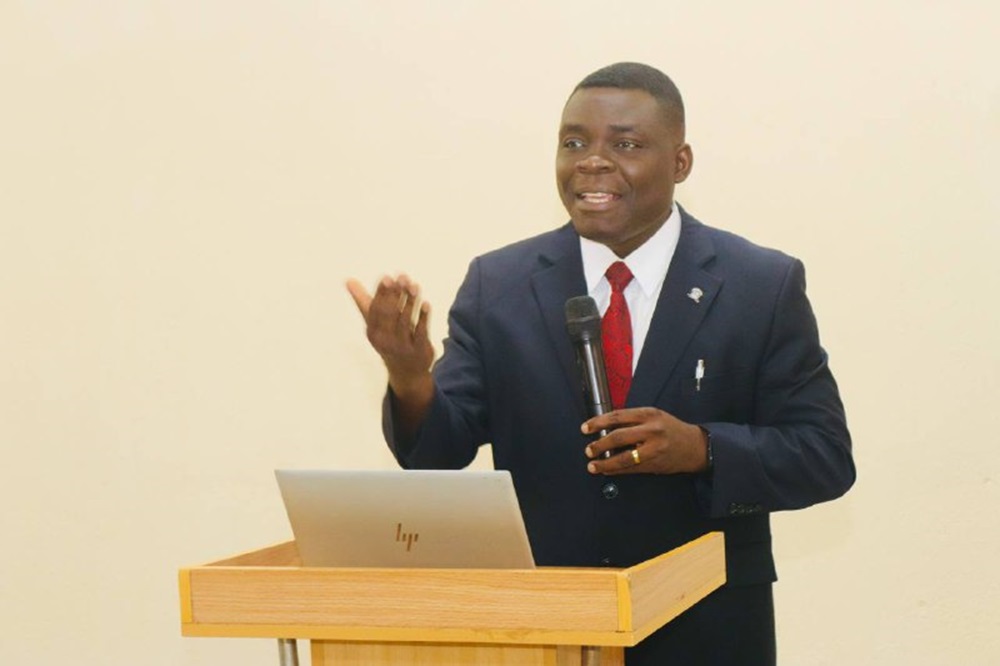The Dean of the College of Engineering, Covenant University, Professor David Olukanni, has emphasized the critical role of Outcome-Based Education (OBE) in the University’s engineering accreditation processes. He made this assertion during a recent training session on OBE organized by the college for its faculty and staff.
Professor Olukanni stressed that OBE is not only vital for improving the quality of education but also plays a pivotal role in achieving and maintaining accreditation for engineering programs. He encouraged faculty members to not only embrace the training but to share the knowledge with their colleagues, ensuring a collective understanding of OBE principles. He also commended the attendees for making time in their busy schedules to participate, describing their involvement as a testament to their commitment to advancing engineering education and maintaining high standards.
The first session featured Professor Anthony Adoghe, who provided an in-depth overview of Outcome-Based Education and its significance in modern engineering education. He highlighted that OBE aims to produce graduates who are not only technically proficient but also equipped with essential soft skills such as communication, problem-solving, and adaptability—qualities that are increasingly crucial in today’s global economy.
Professor Adoghe also pointed out the limitations of traditional educational models, which often prioritize content delivery and exams over real-world application of knowledge. In contrast, OBE focuses on outcome-driven learning, ensuring that students are prepared to meet the demands of an ever-evolving professional landscape.
The second session was led by Professor Ademola Abdulkareem from the Department of Electrical and Information Engineering (EIE). He delved into one of the core components of OBE training: Course Learning Outcomes (CLOs). CLOs defines the specific knowledge, skills, and attitudes that students are expected to acquire by the end of each course. Professor Abdulkareem explained how to develop effective CLOs using the SMART criteria—Specific, Measurable, Achievable, Realistic, and Time-bound.
He emphasized the importance of aligning CLOs with broader Program Educational Objectives (PEOs) and Program Outcomes (POs), ensuring that they meet industry standards and accreditation requirements. Additionally, Professor Abdulkareem discussed how CLOs can guide instructors in designing teaching strategies, selecting assessment methods, and clarifying student expectations. He also highlighted the need for continuous evaluation and refinement of CLOs to ensure the program remains relevant and responsive to changing industry demands.
The final session, presented by Professor Felix Agbetuyi, focused on the development of Program Educational Objectives (PEOs), which defines the long-term career and professional achievements the program aims to facilitate for its graduates. Professor Agbetuyi explained that for accreditation purposes, PEOs must be aligned with the university’s mission and vision, regularly reviewed to ensure their relevance, and developed in consultation with key stakeholders such as industry professionals, employers, and alumni.
As Covenant University continues to push the boundaries of engineering education, the OBE training served as a crucial step in preparing faculty for the challenges of modern accreditation standards. The insights shared during the session are expected to not only deepen the faculty’s understanding of OBE but also enhance the overall quality of education provided by the College of Engineering.
This training forms part of Covenant University’s ongoing commitment to adhering to international best practices and ensuring that its graduates are equipped with the skills and competencies required to excel in an increasingly competitive global market.
This revised version tightens the narrative while preserving the essential information and the focus on the significance of the OBE system for accreditation. It also improves sentence flow, clarity, and readability.


